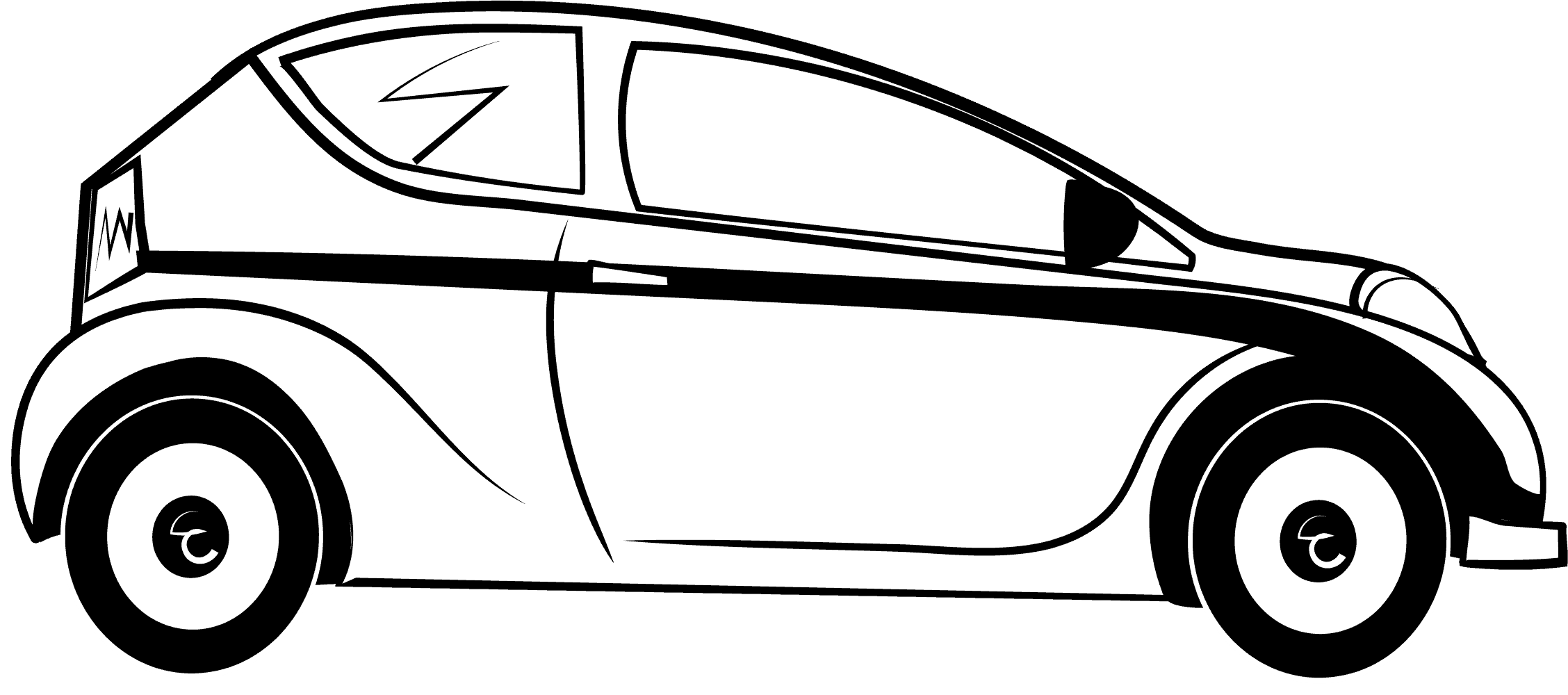What Credit Score is Needed for Car Finance?
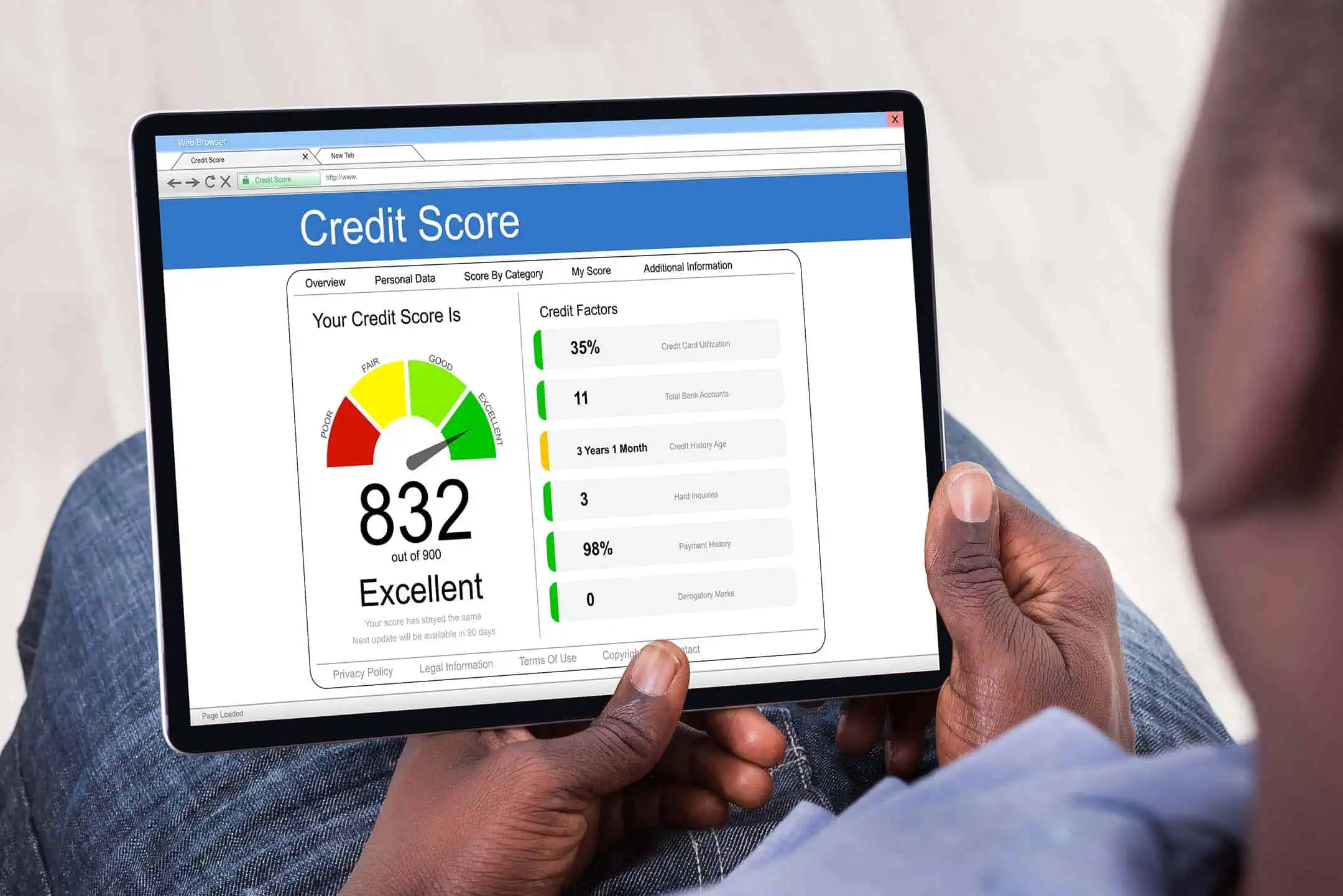
Reviewed & fact checked
By: Verity Hogan - Finance Editor
Car Finance: What is a Credit Score?
Why does the lender look at my credit score when I want car financing?
A credit score comes from the credit report containing your personal and financial payment history. Have you ever had a phone contract? It’ll be on your credit report. Address history? Credit report!
You won’t get a car loan without the lender wanting to look at your financial history. They want to be sure you can make the monthly payments.
Your financial history is significant in helping you get car finance – unless you buy the car outright.
Ensure you do an affordability check to establish the budget you can afford to buy a car.
The sensible action is to check your credit score before applying to get car finance.
Car Finance - Where Does My Credit Score Come From?
When you make a car finance application, the lender will go to one of three Credit Reference Agencies (CRAs) to obtain your credit report and score.
You should check your credit score before you apply for car finance. Knowing your credit rating makes sense and can help steer you to the best lender for your circumstances. You don’t want to seek finance from a lender that will likely decline you.
Experian
TransUnion
Equifax
Credit scores are three-digit numbers. The higher the number, the better. However, beware each CRA scoring system varies. A score with one CRA might put you in a higher Band than the same number from another CRA.
For example, with Equafax, a score between 439 – 530, your Band is FAIR. However, with Experian, a Score between 0 and 560 returns a Banding of VERY POOR.
See below for the credit scores for each CRA.


What Credit Score do I need for Car Finance? 439? 560? 671?
Imagine how clear it would be to know what credit score is needed for car finance. You might expect there to be an exact formula but unfortunately not. Simply googling Experian car check will not give you the answer.
So, what credit score do you need for car finance UK? 438, 565, or 600?
It might surprise you that there is no minimum credit score to buy a car UK, and no credit score guarantees you’ll get approved for car finance.
Typically, the better a credit score, the more chance of a successful application, but to focus only on what credit score is needed for car finance is missing the point.
Your credit score relates to your financial history, demonstrating how you manage your money. Lenders choose whether to accept or decline your car finance application by looking at your credit history and affordability, including income, expenses, and outstanding debt.
This article will explain your credit score and how it works to get car finance and buy a car!
What are Credit Reference Agencies and how do they calculate your credit score for car finance?
- What are credit reference agencies?
- How do CRAs calculate your credit score when you apply for car finance?
- When it comes to personal history, the CRA will look at your:

What are credit reference agencies?
A credit reference agency (CRA) calculates your credit score. UK consumers rely on their credit score for all means of borrowing money, including being approved for car loans.
The leading three CRAs are Experian, TransUnion, and Equifax. Rather unhelpfully, they all use unique methods to calculate a credit rating. You have three credit scores – not just one!
In general, though, they are pretty similar. If you have a strong credit rating with one, you’ll likely have the same with another and be on your way to getting car finance. Of course, this applies inversely, too – if you have a poor finance score with Experian, you won’t have a great one with Equifax.
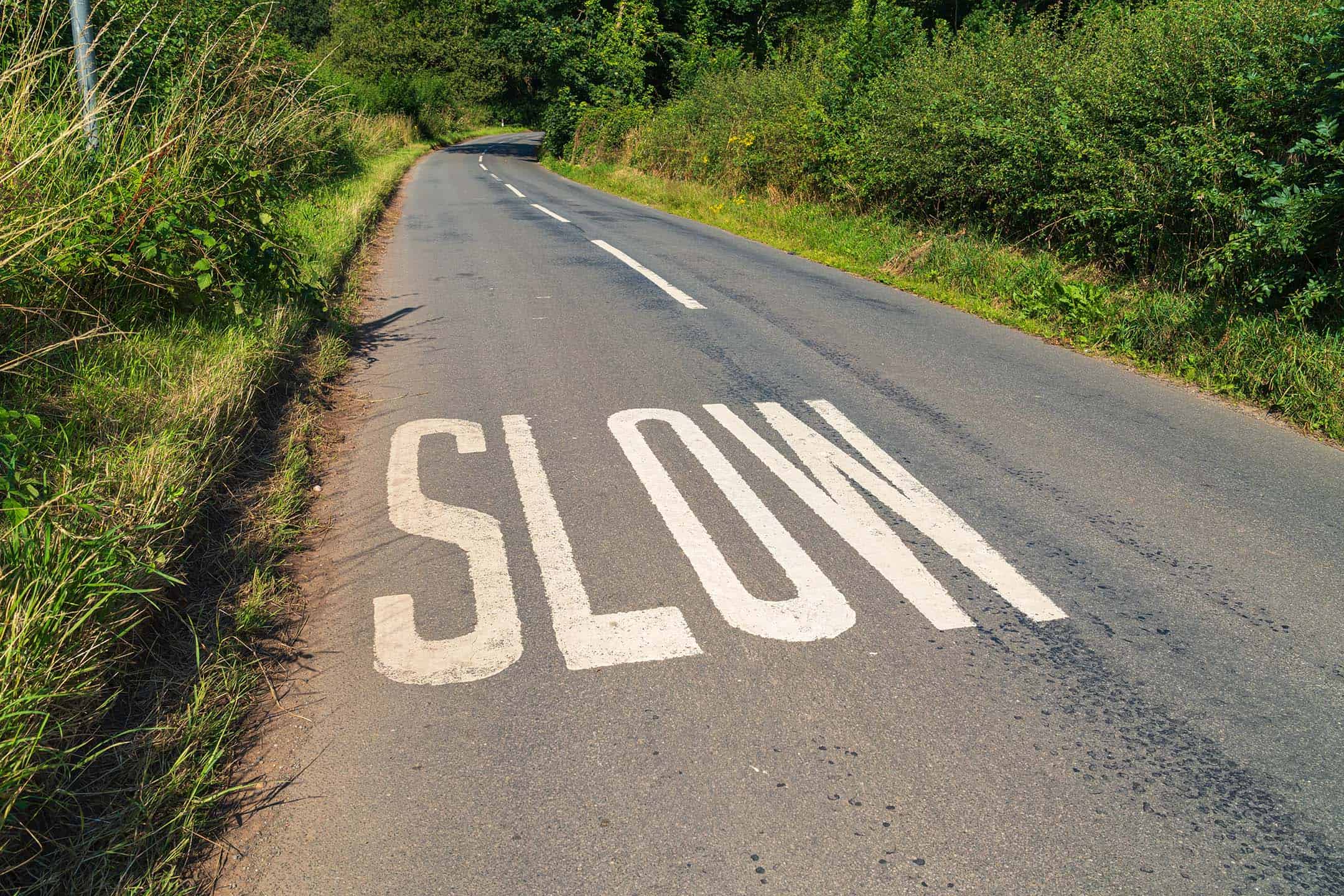
How do CRAs calculate your credit score when you apply for car finance?
It’s worth understanding how the CRAs calculate your score. Firstly, they analyse the report that contains all of your financial records and some of your basic personal information.
For instance, they might look at your current and previous loans, utility contracts, credit cards, phone contracts, repayment history, your last Klarna ASOS order…and so on.
The exact methods for how they come to that magic number are unknown: the CRAs don’t tend to share their algorithms for working this out.
However, they are looking for red flags! If you regularly miss monthly payments or default on a debt, it will hammer your credit score. Having multiple banks and credit card accounts can be helpful – assuming they’re not maxed out. If you have three credit cards with a total credit availability of £5000, but you only use £1000 a month and pay it off, it will look good on your financial history.

When it comes to personal history, the CRA will look at your:
- Employment status (out of work, employed or self-employed).
- Address (whether you have one, how long you’ve lived there).
- Whether you are on the electoral roll (you’re registered to vote).
Their score also considers any financial relationships you have with other people. It’s essential not to take out joint loans, and car finance deals with someone with a poor credit rating, as it will look poorly on you and affect your score. The opposite applies, too, though! Taking out a joint or guarantor car finance deal with a partner or parent with a strong finance score can positively affect you.
County Court Judgements (or decrees in Scotland) are typically issued when you’ve failed to pay a fine or debt and are seriously bad for your credit rating, so avoid these at all costs.
Suppose you have been in a bad situation and entered an Individual Voluntary Arrangement (IVA) to pay off your debts. In that case, this will also show on your report and impact badly on your credit score.
Car Finance: How does Experian grade Credit Scores?
Experian arranges its ranking by scoring out of 999
They rate their scores as follows:
| Score | Band |
|---|---|
| 0-560 | Very Poor |
| 561-720 | Poor |
| 721-880 | Fair |
| 881-960 | Good |
| 961-999 | Excellent |
What is the Experian average credit score for UK 2023?
797
Car Finance: How does TransUnion grade Credit Scores?
TransUnion rates your credit score out of 710
This is how they rank them:
| Score | Band |
|---|---|
| 0-550 | Very Poor |
| 551-565 | Poor |
| 566-603 | Fair |
| 604-627 | Good |
| 628-710 | Excellent |
What is the TransUnion average credit score for UK 2023?
610
Car Finance: How does Equifax grade Credit Scores?
Equifax arranges their ranking by scoring out of 1000
This is how Equifax rates credit scores:
| Score | Band |
|---|---|
| 0-438 | Poor |
| 439-530 | Fair |
| 531-670 | Good |
| 671-810 | Very Good |
| 811-1000 | Excellent |
What is Equifax’s average credit score for UK 2023?
439 – 530
How do Lenders use a credit score for car finance applications?
How does the Lender interpret your credit score?
As if it wasn’t complicated enough, getting a good car finance deal is not as simple as having an excellent credit rating with all CRAs.
While the CRAs have different scoring systems, they typically have more or less the same criteria for what’s ‘good’.
However, the waters are a little bit muddy regarding the Lender. Lenders will typically use your CRA credit score as a shortcut. You have an abysmally lousy credit score, and you likely won’t get far into the car finance application. Lenders tend to have an automatic filter that will auto-reject anyone below a specific finance score.
What happens when your credit score is within the Lender’s guidelines?
Lenders typically have further criteria to decide whether to loan you the money. Their check includes monthly outgoings and affordability, total income, and job security… but it’s up to each Lender to decide how they want to do it to help you finance your car.
Depending on the Lender, they might ask if you have parking or driving fines, student loans, council tax arrears or even a criminal record. As tempting as it might be, being honest with the Lender is essential. If you’re not, and they find out, they could cancel your car finance.
After getting that information, your Lender will combine it with the CRA credit score to calculate their in-house score. You typically won’t see this yourself, and it’s usually automated. Your car finance application will be accepted with a high enough score.
Drivers with a less-than-perfect finance history (poor credit history) regularly get accepted for car loans – the credit score needed for car finance is often achievable. However, expect to pay a higher interest rate and possibly a request from the Lender to chip in with a deposit on the car.
Car finance lenders have their own eligibility criteria when approving a loan. Some may place more significance on your credit score than others.
It’s helpful to note that each Lender will likely have different criteria for making up their score and what they deem affordable. That’s why it’s so important to shop around! Many lenders specialise in car finance with low credit ratings, so you’ll likely find something if that’s you.

WARNING: Getting declined for Car Finance can negatively impact your Credit Score
What happens if you get declined for car finance due to a low credit score? It depends on who rejects you.
Have your application declined at the first stage with the car finance broker, then not much? The broker only does a “Soft” search that won’t appear on your credit history.
However, getting initial approval for car finance (approved provisionally) means a finance company has declared interest in looking in detail at your application. If you proceed, the Lender triggers a “Hard” search on your finance file. Get a decline at this stage and it will impact your credit score.
What are your options if you don’t have the credit score needed for car finance? You could enlist the help of someone such as a parent or partner and take out joint car finance or a guarantor loan.
Car Finance: What’s in your Credit Report?
Your finance history will contain much information about you – some you’ve probably forgotten!
It contains things like:
- Bank accounts
- Credit accounts
- Financial links with other people
- Public record information
- Personal details

Bank accounts
- Current account providers as well as overdraft status.

Credit accounts
- Credit cards, the providers, and balance.
- Klarna’s buy now, pay later (BNPL).
- Store cards (it’s worth noting that these are going the way of the dinosaurs!).
- Past or outstanding loan agreements.
- Utility payments such as gas and electricity.
- Insurance such as car insurance – only when paid monthly.
- Mobile phone contracts.
- Car finance.
By containing all the details of your credit accounts, the Lender can see whether you typically make repayments on time and in full. Suppose you often forget to pay your minimum on a credit card, for example. In that case, this will negatively impact your credit report and chances of finding car finance.
Missed or late payments and credit defaults will stay on your credit report for six years, which can be a costly mistake.

Financial links with other people
Your credit report will also show any finance links with other individuals. For example, suppose you take out a joint loan with your partner to buy a car. The information will be on your credit report (and theirs).
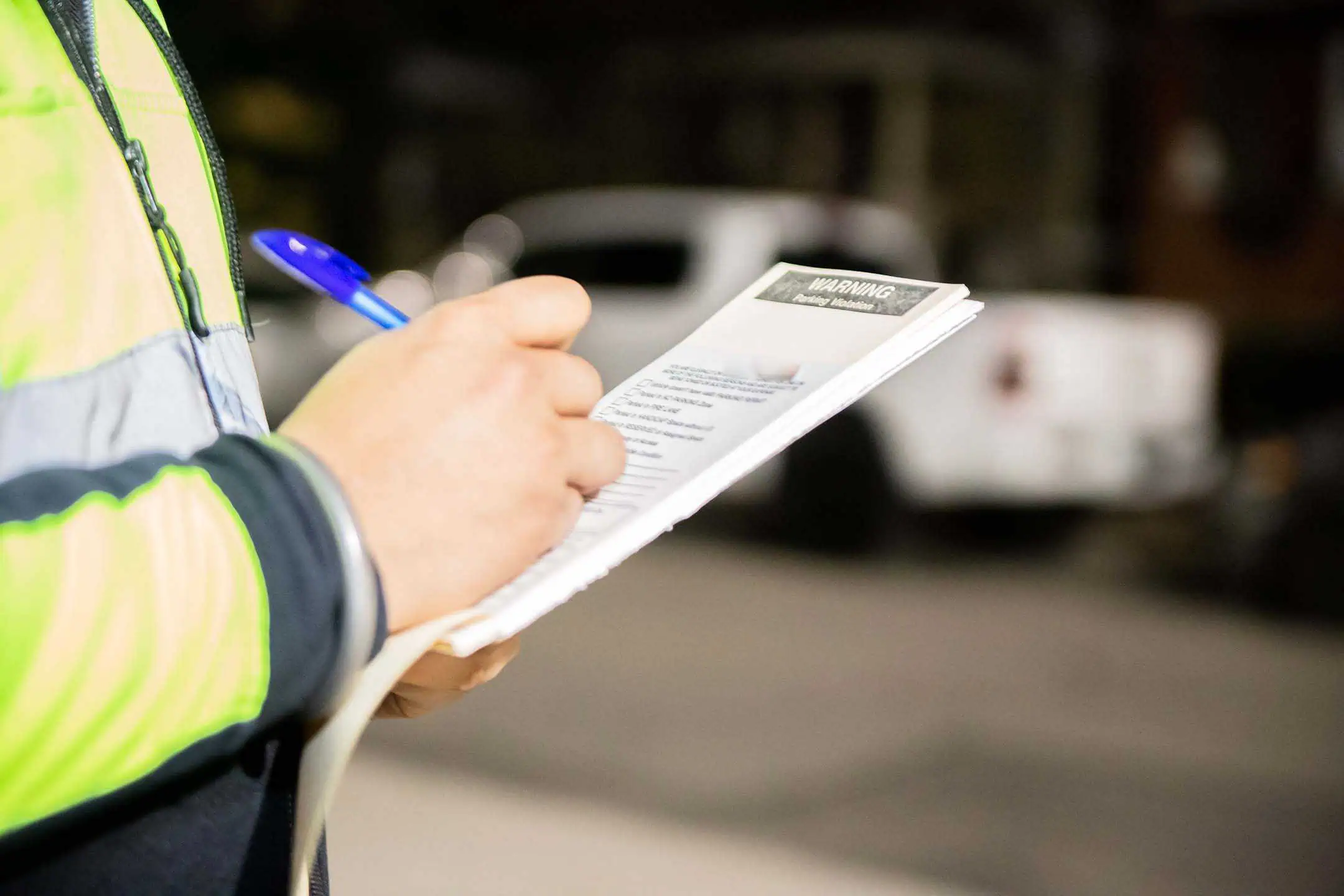
Public record information
The scary stuff! You might find some of this information on your credit report if you’ve been struggling financially. These stay on your report for six years and will severely affect your ability to get credit.
- County Court Judgments (called ‘Decrees’ in Scotland),
- Home repossessions.
- Bankruptcies.
- Debt Relief Orders and individual voluntary arrangements.
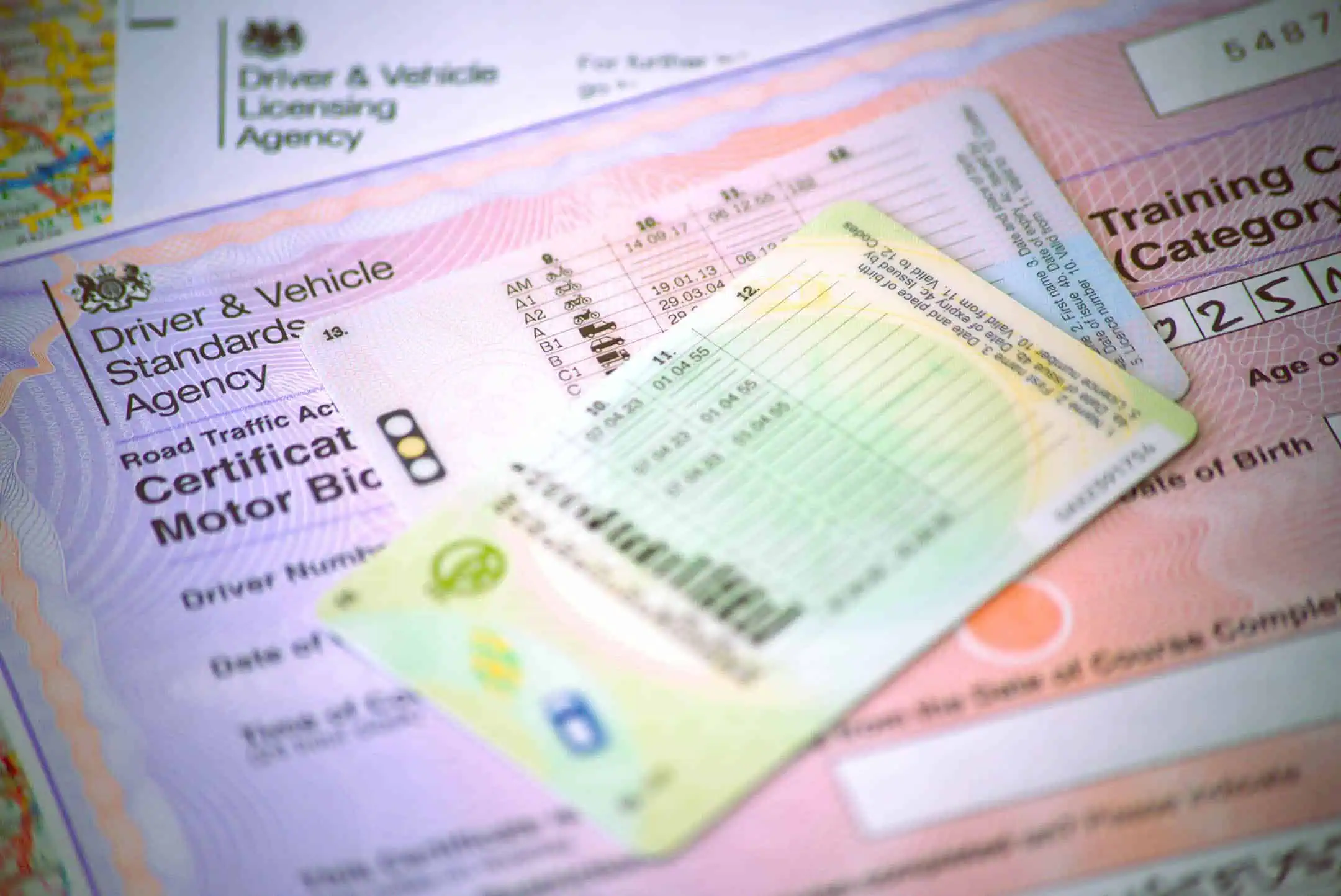
Personal details
You’ll also find some personal details on your credit report. These are essential details, such as:
- Your name and date of birth.
- Your current and previous addresses.
- Whether you’re on the electoral register.
- If you’ve committed fraud, or if someone has stolen your identity and committed fraud, this will be on your file under the Cifas section.
It’s important to note that your credit report doesn’t contain information like religion, political party preference, etc. Just the basics!
